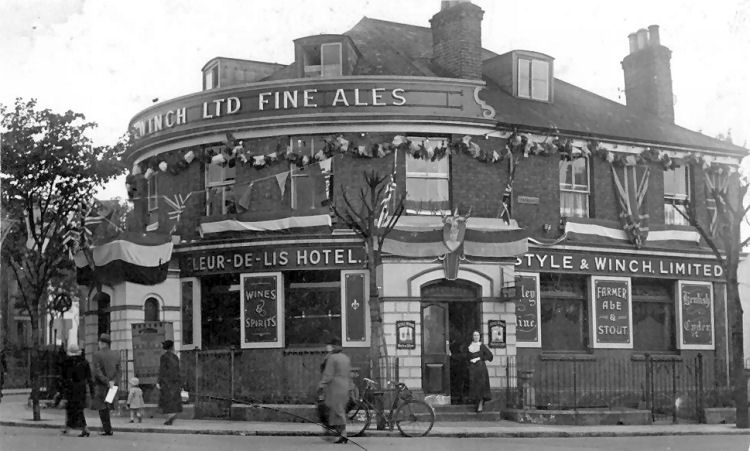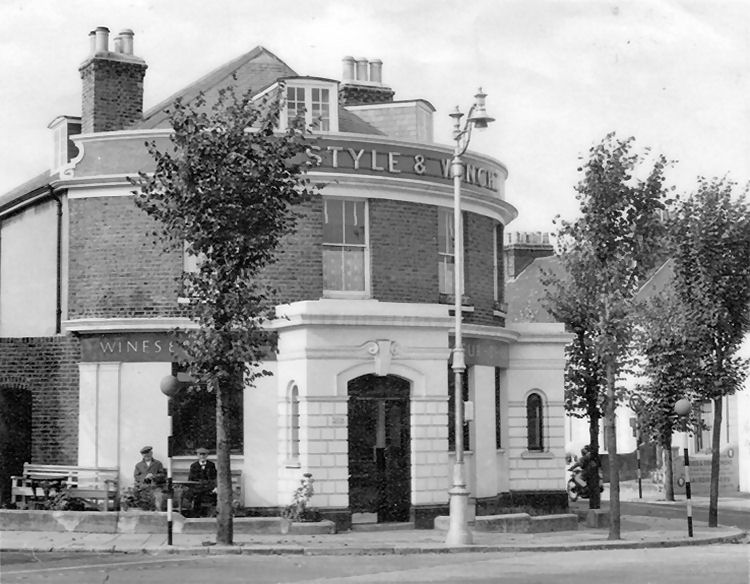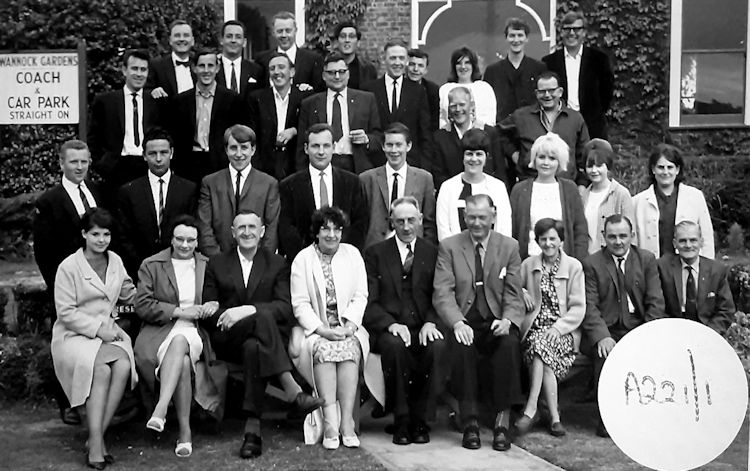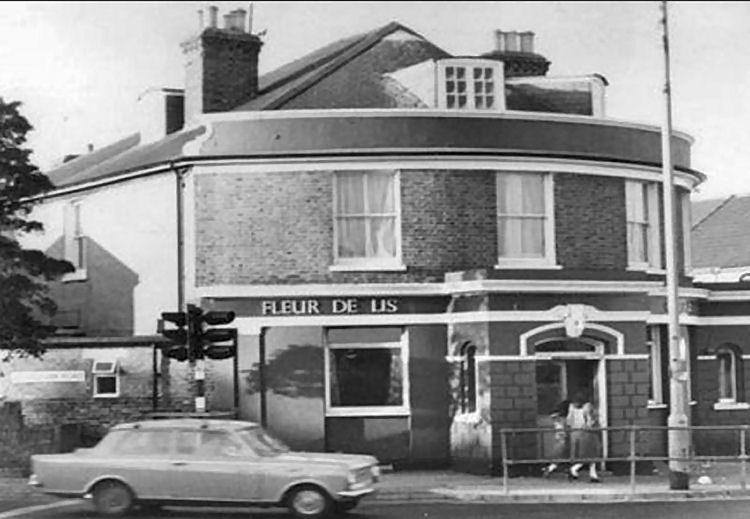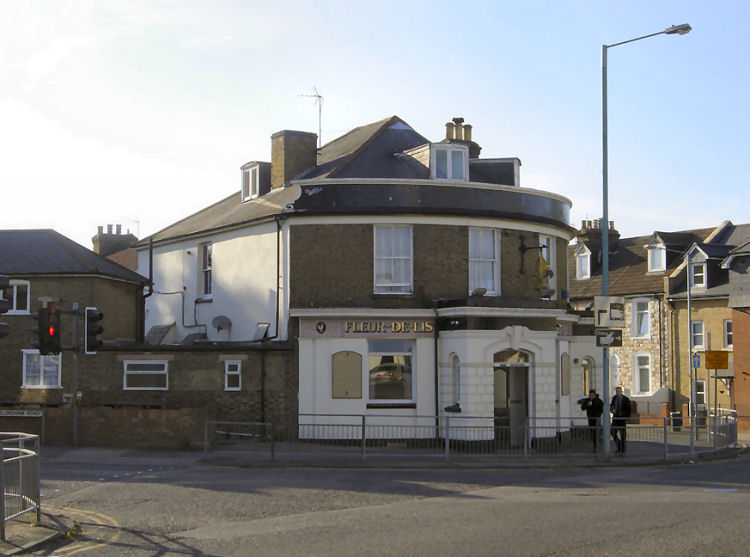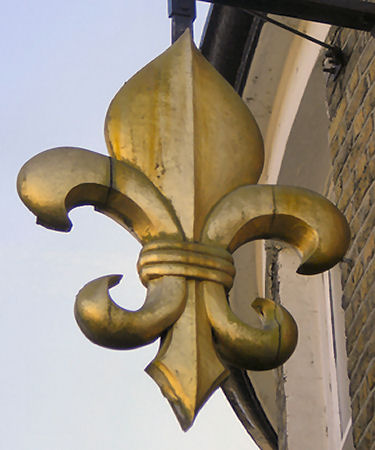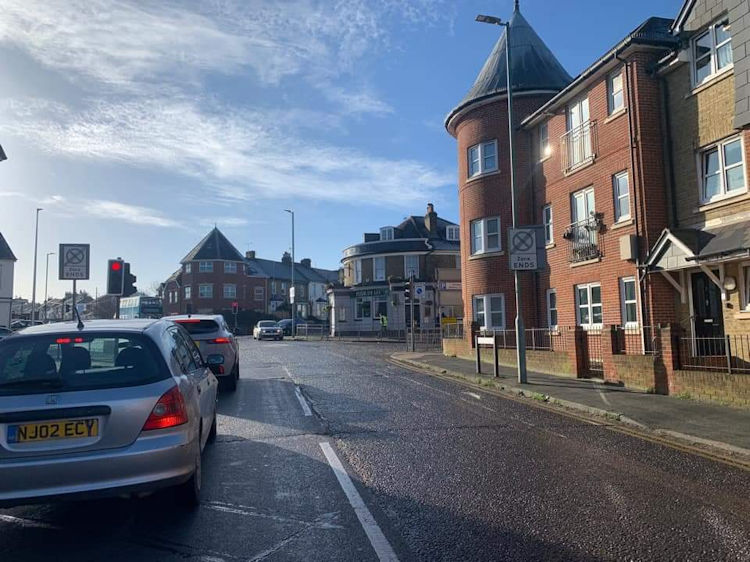|
From the Whitstable Times, 20 August, 1870.
Beer v. Bateman.
This was a claim for £8 2s 0d. for wine supplied by the plaintiff, a
wine and spirit merchant of Canterbury, to the defendant, formerly a
plumber and glazier in this city and now the landlord of the
“Fleur-de-Lis” at New Brompton. Mr. Delasaux appeared for the plaintiff;
Mr. Fielding for defendant. Mr. Delasaux opened the case by remarking
that on the 29th July defendant went to the plaintiff's house in
Monastery street for the purpose of ordering some wine, and being a
publican and having no license, he requested that the wine might be sent
to Mrs. Caphurd at the “Fleur de Lis,” Brompton. Carrying out these
instructions his client directed the goods to that lady, and now
defendant sought to shift the liability from his to her shoulders. He
might state that Mrs. Caphurd had since been married to Mr. Edmeades,
and that they had both left Brompton. Attempts had been to arrange the
matter by the plaintiff writing to the parties, and Mr. Edmeades,
admitting the injustice to which he (Mr. Beer) was subjected, had even
offered to liquidate half the debt if Mr. Bateman would do likewise. The
account however still remained unpaid.
On being questioned, plaintiff said defendant called upon him on the
29th July, 1869, and said he wanted some “stuff” for a wedding that was
coming off at his house, and he might just as well have a “house
warming” at the same time. If the goods had been directed to him, he
must have had a permit, and therefore at his request they were forwarded
to Mrs. Caphurd at the “Fleur de Lis.”
By Mr. Fielding:- He was invited to take part in the wedding
festivities, but was unable to do so. Would swear he was not invited as
an intimate friend of Mr. and Mrs. Edmeades, who had since departed for
India. He knew nothing of Mrs. Caphurd in the transaction; Mr. Bateman
was the only one concerned as far as he knew.
A young man named Drew, in the plaintiff’s employ, gave evidence to the
effect that Mr. Bateman ordered the wine for a marriage, saying he might
have a house warming as well, and that he would pay Mr. Beer when the
affair was over. He (witness) was not invited to the dinner or the
evening party. Mr. Fielding, in stating the defendant's case, said that
the evidence of the defendant would show that the wine was for and was
ordered by Mrs. Caphurd. Mr. Delasaux had drawn attention to the
invitation circular for the dinner, but he asked what did it show. It
simply solicited the pleasure of the company of —— at a recognition
dinner, but what the recognition dinner was he knew not, and he had no
doubt Mr. Bateman had dinners at his house several times a week. Mr.
Bateman was then called as a witness. He said Mrs. Caphurd, a widow, was
his barmaid, and a gentleman named Edmeades fell in love with her and
they were married. He would swear Mr. Beer was given to understand that
the wine was for her; indeed he had nothing whatever to do with the
order himself. He took a letter from Mrs. Caphurd to Mr. Beer,
containing the order, and this was all he had to do with it. Neither the
dinner nor the evening party were affairs of his, but were given by Mr.
and Mrs. Edmeades. He had received no payment from them for the wine.
What Mr. Beer had said about his giving a verbal order for the wine was
false.
Mrs. Bateman having been called. Mr. Delasaux commenced his address to
the judge when His Honour interposed by asking Mr. Beer whether he had
received any letter or written order from Mrs. Caphurd.
Plaintiff:- Decidedly not, your Honour. Had I thought for one moment the
wine was for her I would not have supplied it. I had the order direct
from defendant himself.
His Honour: After this answer I will not trouble you, Mr. Delasaux to
reply. I shall give a verdict for the plaintiff.
|
|
From an email received 3 November 2020. Hi, I lived about 50 yds from
it in Trafalgar St. in the 40s and 50s.
In August 1940 when the nearby bus depot was bombed causing
considerable damage, after the fire was extinguished and some of the
buses were saved by various people they asked John Knight the landlord
if he would open the pub and allow them to have a drink, he agreed but
would only serve water as it was after closing time.
Regards,
Keith Gregory.
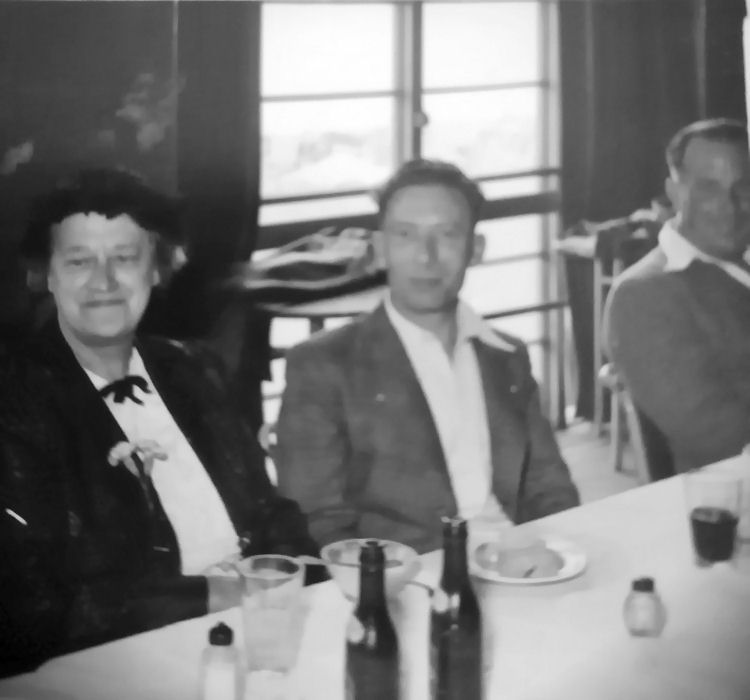
Above photo showing Grace Knight and Henry Gregory, (Keith's father)
circa 1950. |
